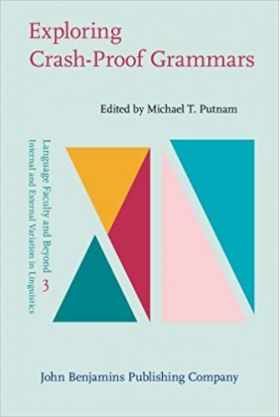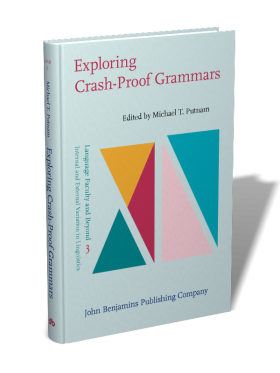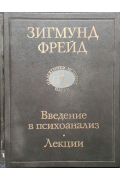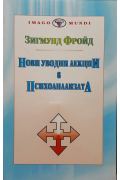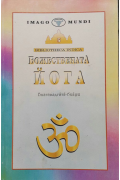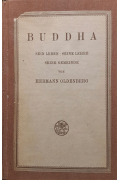The Minimalist Program is guided by the idea that the syntactic system of the human language faculty optimally meets design specifications imposed by the interface systems. In their seminal research on minimalist grammars, Frampton and Gutmann (2000, 2002) maintain that, at least from a computational point of view, an optimal derivational grammar generates only objects that are well-formed and satisfy interface conditions. Such grammars are said to be “crash-proof” in design. This symposium will investigate the notion of crash-proof grammars, both within the Minimalist Program and also in other formalisms (e.g. HPSG, LFG, OT, etc.). We invite abstract submissions addressing any and all aspects of “crash-proof” syntax.
We especially welcome abstracts on Stroik’s notion of the Survive Principle in the Minimalist Program. The Survive Principle – as outlined by Stroik (1999, 2000, 2007) and further developed by Putnam (2007), Stroik & Putnam (2005, 2007) and Putnam & Stroik (in progress) – is the centerpiece of a theoretical approach to syntactic computation that aims at parsimoniously deriving perfect (i.e., interface-interpretable and crash-proof) structural representations; this approach is called Survive-minimalism. Following the conceptual eliminativism of Chomsky’s Minimalist Program (MP), Survive-minimalism radically simplifies the design of minimalist syntax, pruning MP’s unwarranted ontological commitments to economy conditions, to non-Local syntactic operations such as Internal Merge, to non-structure-building (non-concatenative) operations such as Agree, to operations that map a Derivation onto itself (these operations are structure-re-building operations, rather than structure-building operations), to structural domains such as Phases or Prolific Domains, and to both multiple-representations and the Transfer operation that licenses them. By divesting itself of unnecessary operations and ontologies, Survive-syntax significantly reduces its computational complexity. For Survive-minimalism, a syntax requires only a Lexicon, local Merge operations, and the Survive Principle. Given its sweeping reformulation of syntactic theory, Survive-minimalism promises to lead syntactic analysis in new directions. One of the principle foci of this conference is to investigate the impact that Survive-minimalism and the Survive Principle, in particular, will have on the future directions of syntactic theory. Papers are encouraged in (but not limited to) the following areas:
Fatal vs. non-fatal derivational crashes
The notion of „crash-proof“ in representational grammars
The role of the lexicon in a crash-proof grammar
Phrase structure rules
Locality in the minimalist program (and other generative systems)
Primitive mechanisms in the narrow syntax (e.g., Merge, Remerge, etc.)
Larger ontological commitments (e.g., phases, prolific domains, etc.)
Table of Contents
|
Preface & Acknowledgments
|
ix
|
|
List of contributors
|
xi
|
|
1 – 12
|
|
|
Part I Applications of crash-proof grammar
|
13 – 84
|
|
Part I Applications of crash-proof grammar
|
13 – 84
|
|
31 – 58
|
|
|
59 – 86
|
|
|
89 – 104
|
|
|
89 – 104
|
|
|
105 – 124
|
|
|
125 – 142
|
|
|
143 – 166
|
|
|
167 – 212
|
|
|
213 – 244
|
|
|
245 – 268
|
|
|
269 – 298
|
|
|
Index
|
299 – 301
|
- Putnam, Michael T.
- Hardcover
No posts found

